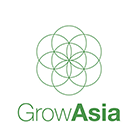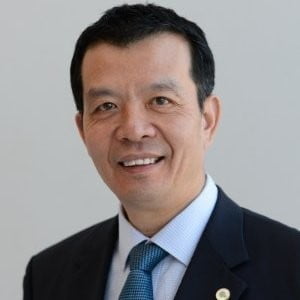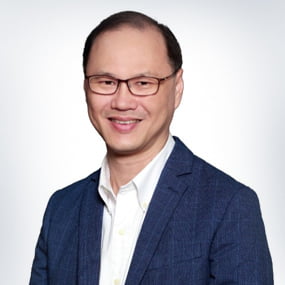Singapore’s Agri-Food Innovation Ecosystem
To support Singapore’s development as an agri-food tech and innovation hub, SAIL is tasked with building and strengthening partnerships with and between diverse ecosystem actors including startups, SMEs, accelerators, institutes of higher learning (IHLs), research institutes, industry and trade associations, and international and non-governmental organisations active in the agri-food space in Singapore.

































